Anthropic, the company behind the Claude chatbot, has launched a new open-source tool that lets you link a large language model to a range of tools including giving it access to your files.
Model Context Protocol (MCP) is a new universal protocol AI systems can use to interact with data from a range of different platforms. In addition to looking at your files, it can access GitHub, manage channels in Slack and search the web using your choice of search engine. This is different to Claude with Computer Use.
For now, this only works with the Claude desktop app on Mac or Windows but is available for anyone on a paid or free account. It is currently an early development preview and implementation should get easier as the company rolls it out more widely.
Alex Albert, Head of Claude Relations, wrote on X that the new protocol means companies and app developers don't need to create custom integrations for every source of data, you just update the Claude configuration file.
Putting Model Context Protocol to the test
Introducing the Model Context Protocol (MCP)An open standard we've been working on at Anthropic that solves a core challenge with LLM apps - connecting them to your data.No more building custom integrations for every data source. MCP provides one protocol to connect them all: pic.twitter.com/kYsivQyPDqNovember 25, 2024
MCP is a significant innovation in the AI space. It isn’t as flashy as OpenAI’s ChatGPT app access or the new ComfyUI desktop app, but it could have a bigger impact. Anthropic says it is an open protocol so could be implemented by other AI-powered apps in the future.
This is still very early, but we're starting to see what the future of human-computer-interface might look like.
Albert wrote on X: “Getting LLMs to interact with external systems isn't usually that easy. Today, every developer needs to write custom code to connect their LLM apps with data sources. It's messy, repetitive work. MCP fixes this with a standard protocol for sharing resources, tools, and prompts.”
MCP works with local and internet resources. You could create a local database with a list of Christmas presents you will get for every person in your family, then give Claude access. Combine this with access to a search engine and Claude could automatically find the cheapest deal for each product in that database.
Setting it up is still a little bit clunky as this is a developer preview. I suspect before it is integrated properly into apps like Claude it will be more user friendly. To get it working you need to have npx and python properly installed. Then you just update the Claude config file with the appropriate ‘servers’ and tools you want it to be able to access. Check the quickstart guide if you want to try it for yourself, but remember it is an early development preview.
To put MCP to the test I gave Claude access to the Brave web server, my GitHub account and access to files in the code folder on my computer. I then asked it to research names for a Word Game website including going online to find a suitable name not in use. It picked VerbVault.
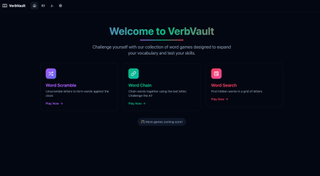
I then had it create the code for three games on a basic version of the web app, write a GitHub readme file and then create a GitHub repo with all of the code it created. It did it perfectly with no errors. Those came in after I tried to get it to improve the web app.
Eventually, we had a fully functional web app I could run on my laptop with three different word puzzles, proper styling and a nice user interface. I didn’t write a single line of code as Claude was able to make all the changes on its own.
This is still very early, but we're starting to see what the future of human-computer-interface might look like. We ask AI to do things, it does it and just gives us what we asked for. This includes building our own apps to do exactly what we need, instead of waiting for someone to release something.
More from Tom's Guide
- The best AI voice recorder just got even cheaper — Plaud Note is 20% off
- Live Camera is coming soon to ChatGPT — here's what we know
- ChatGPT vs Gemini vs Meta AI: Thanksgiving AI image generator shoot-out
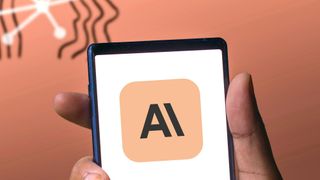
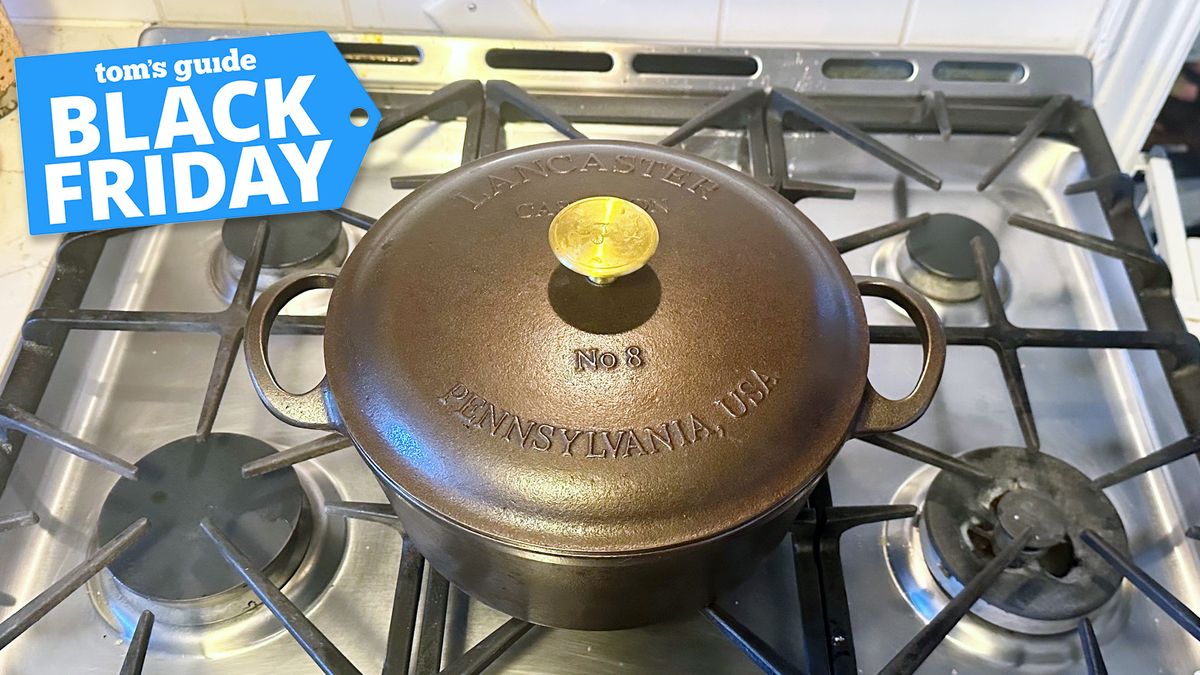

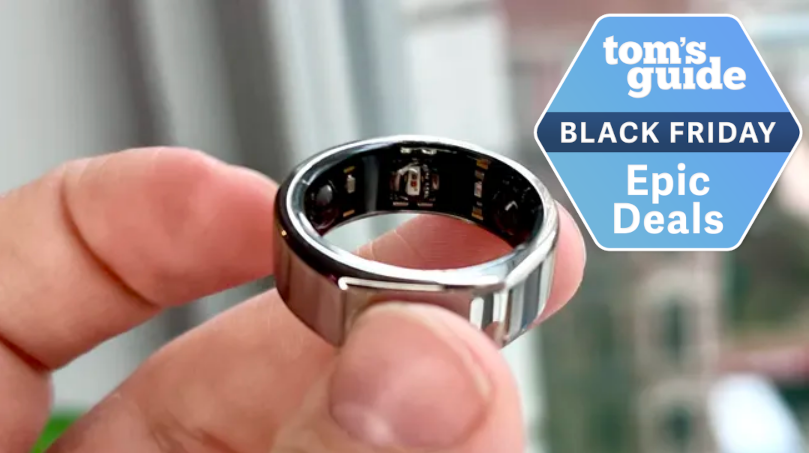
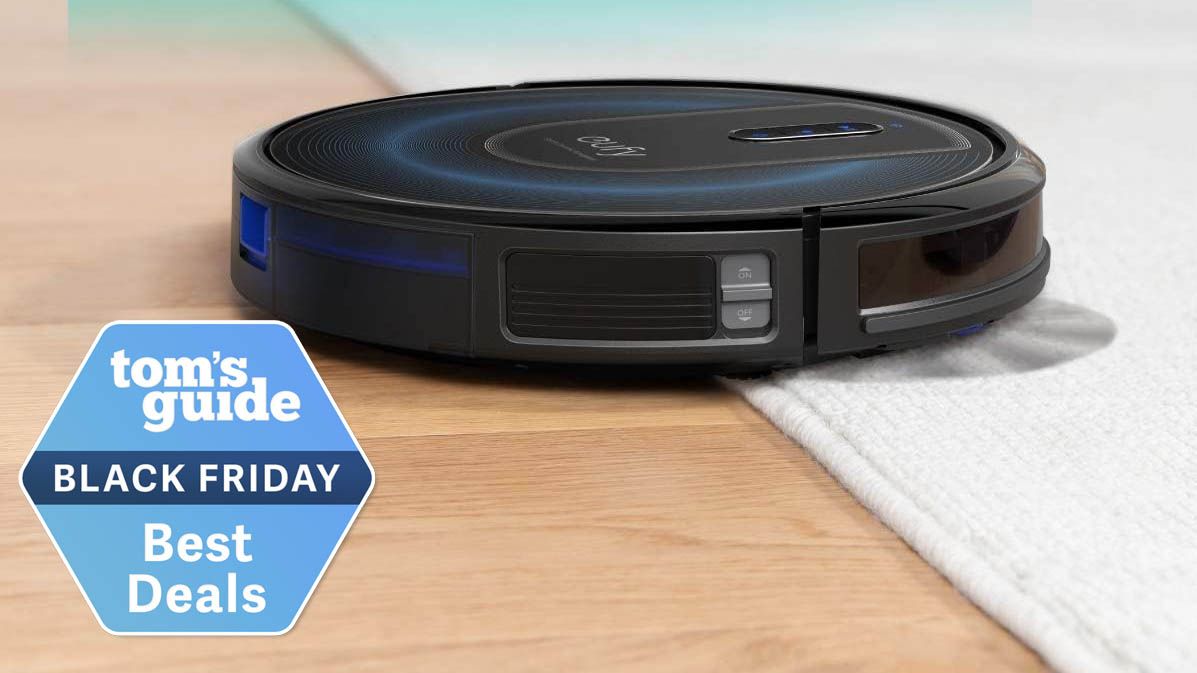






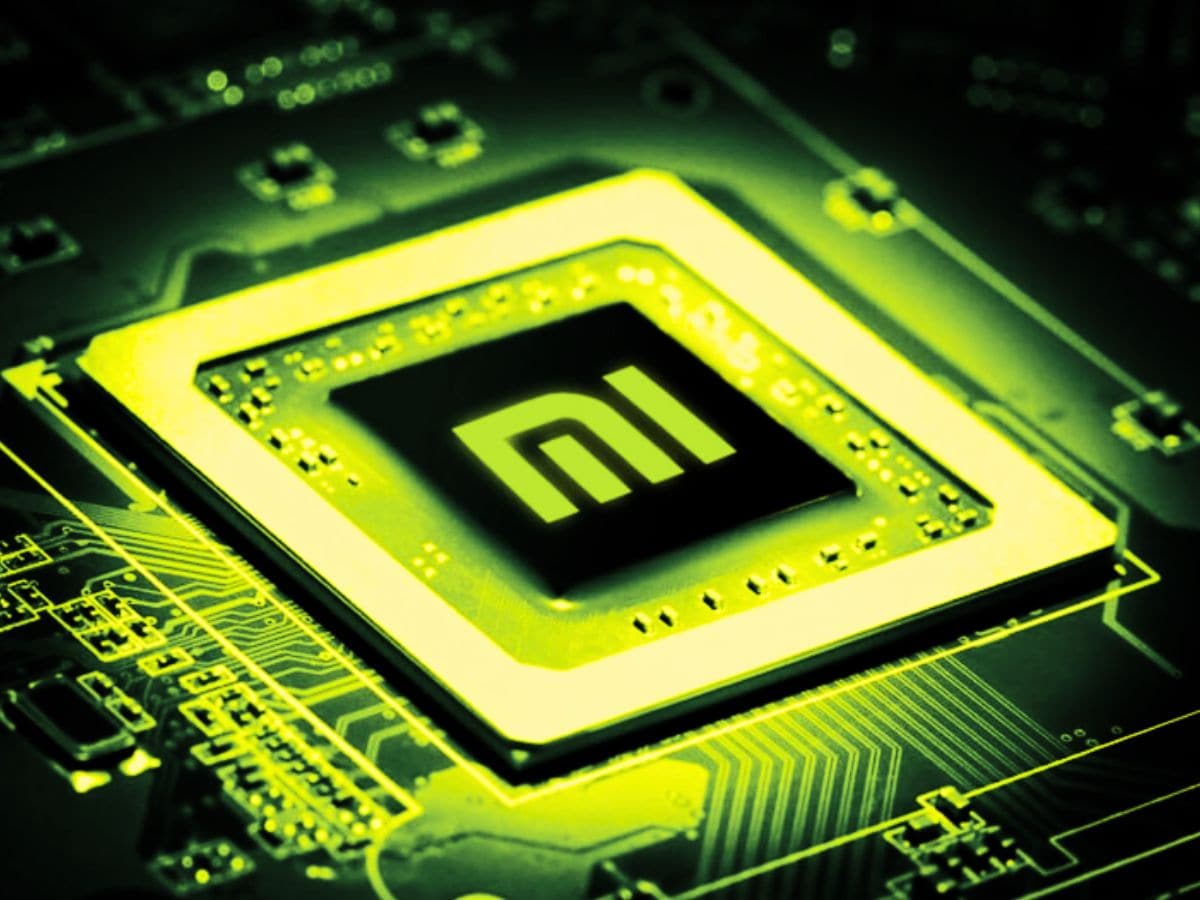
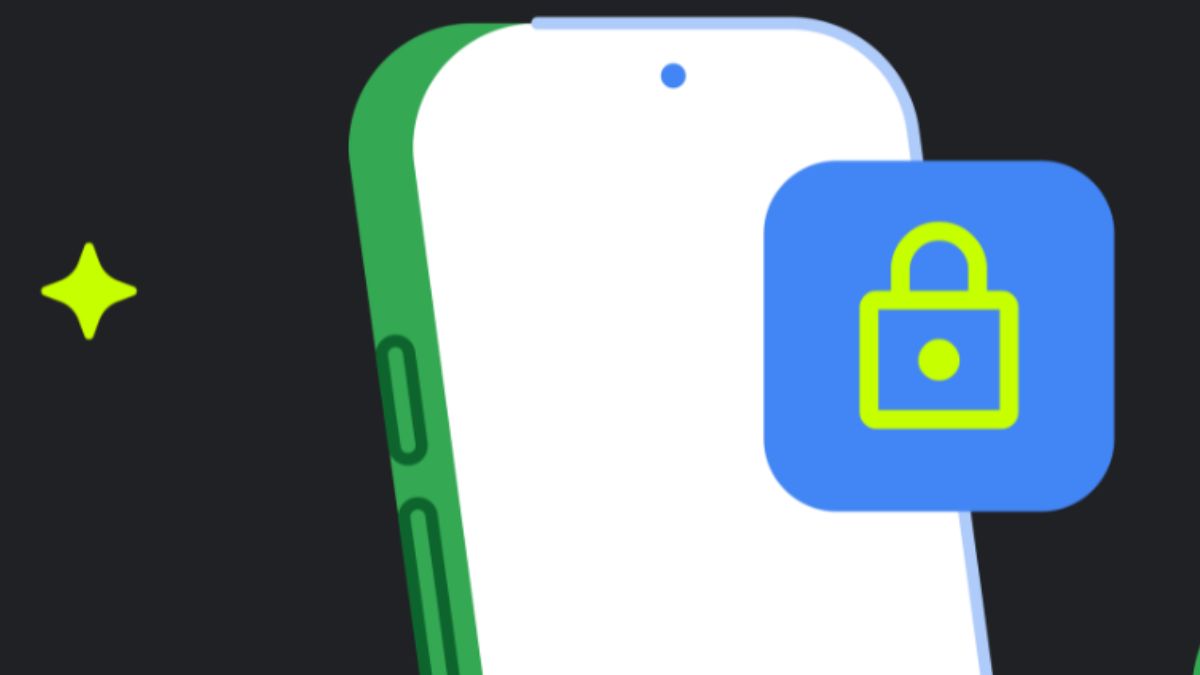







 English (US) ·
English (US) ·